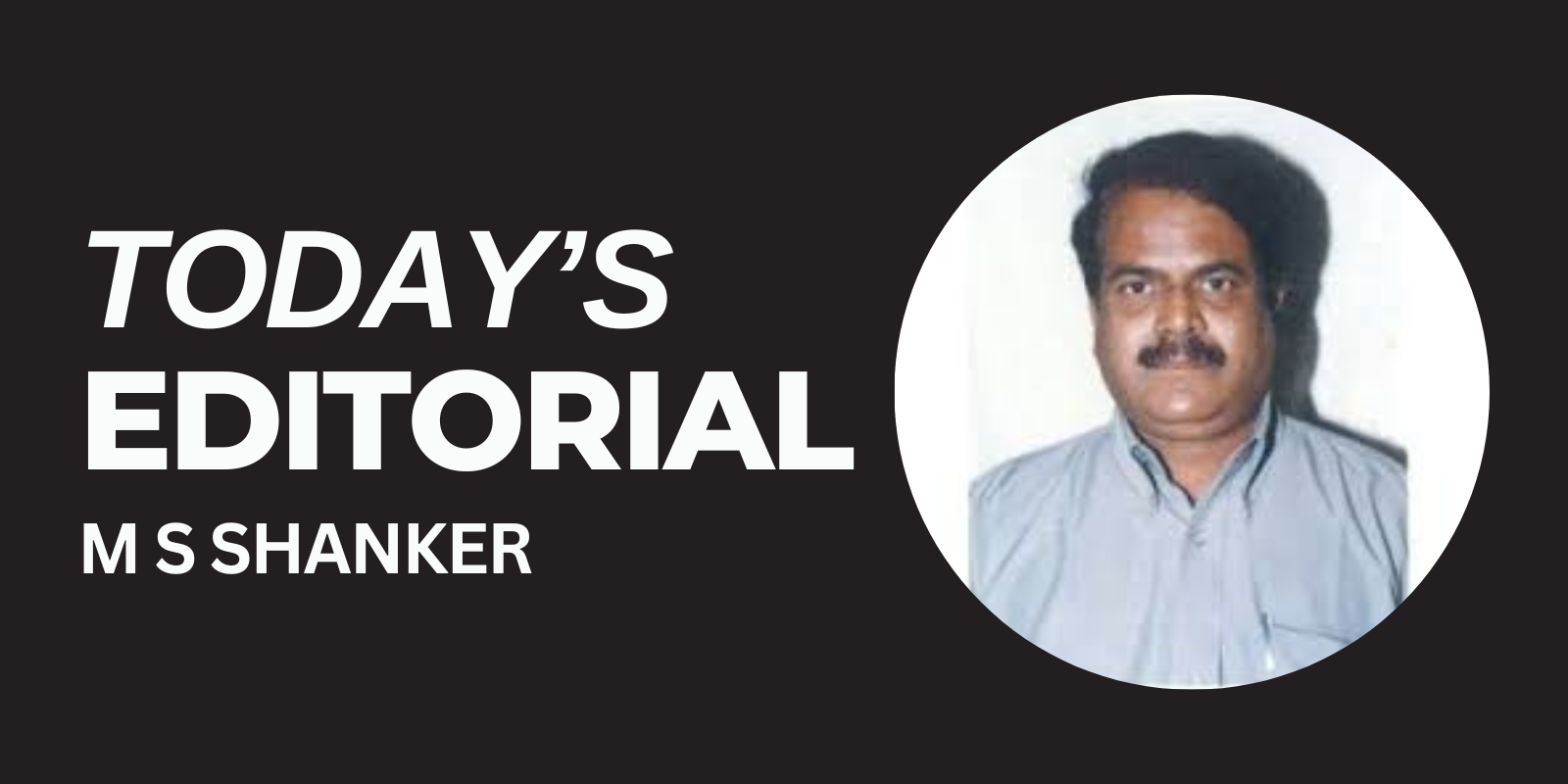Omar Abdullah has officially taken oath as the Chief Minister of Jammu and Kashmir, marking a new chapter in the state’s political landscape. His swearing-in ceremony on Wednesday was met with a quick show of support from Prime Minister Narendra Modi, who emphasized that the central government would extend full cooperation to the new National Conference-Congress coalition. This backing highlights the federal government’s intention to ensure the smooth functioning of the state government and foster its development. However, unlike what might be expected, Omar Abdullah has not yet made any direct statements reciprocating the Prime Minister’s gesture. This is notable, considering such acknowledgments are often customary. Yet, this silence may reflect Abdullah’s evolution as a leader who now demonstrates greater political maturity and understanding of the region’s complex dynamics. His previous tenure had moments of tension with the central government, particularly over controversial issues like Article 370, but Abdullah now seems more focused on pragmatism and cooperation, placing the welfare and development of the state over political confrontation. One of the first public gestures of Abdullah’s new term speaks volumes about his leadership style. In an effort to present himself as a leader among equals, he announced that his official cavalcade would no longer receive the preferential “green channel” treatment, which exempts government convoys from following regular traffic signals. This move sends a strong signal about Abdullah’s commitment to governance that is in touch with ordinary citizens’ concerns, a sharp contrast to the practices of other state leaders, whose motorcades often disrupt traffic and inconvenience the public.

The Abdullah family has a long and complicated history in Jammu and Kashmir politics, often accused of switching positions depending on whether they are in power. When in office, the family has advocated for national unity, but out of power, they have been seen to align with elements sympathetic to Pakistan’s influence in the region. Omar Abdullah’s party, the National Conference (NC), has traditionally been vocal about the restoration of Articles 370 and 35A, which granted special status to Jammu and Kashmir. However, after these provisions were abrogated by the BJP-led government in 2019, Abdullah’s stance appears to have softened. He now acknowledges that restoring Article 370 is a near-impossible task, signaling a shift in his party’s priorities. The abrogation of Articles 370 and 35A, initially considered temporary constitutional provisions, was a bold move by the central government under the BJP. The Modi administration capitalized on its strong majority to remove these provisions, significantly altering Jammu and Kashmir’s political framework. The government further cemented these changes by bifurcating the state into two Union Territories—Jammu & Kashmir and Ladakh—and redrawing constituency boundaries through a delimitation exercise. This restructuring aimed to ensure a more balanced representation of the region’s diverse demographic groups. Political analysts have pointed out that these changes have permanently altered the political landscape of Jammu and Kashmir. Abdullah’s acknowledgment of the irrevocability of Article 370 suggests that he is navigating this new reality with a more pragmatic approach, focusing on development and cooperation rather than confrontation. His new tenure, therefore, is likely to be defined by a delicate balance of addressing the aspirations of his political base while working within the changed constitutional framework imposed by the central government. As Omar Abdullah embarks on his latest stint as Chief Minister, his actions will be closely watched. His early moves suggest a leader who understands the weight of the geopolitical changes in the region and is prepared to steer Jammu and Kashmir through these challenging times with a focus on governance, rather than ideology.





